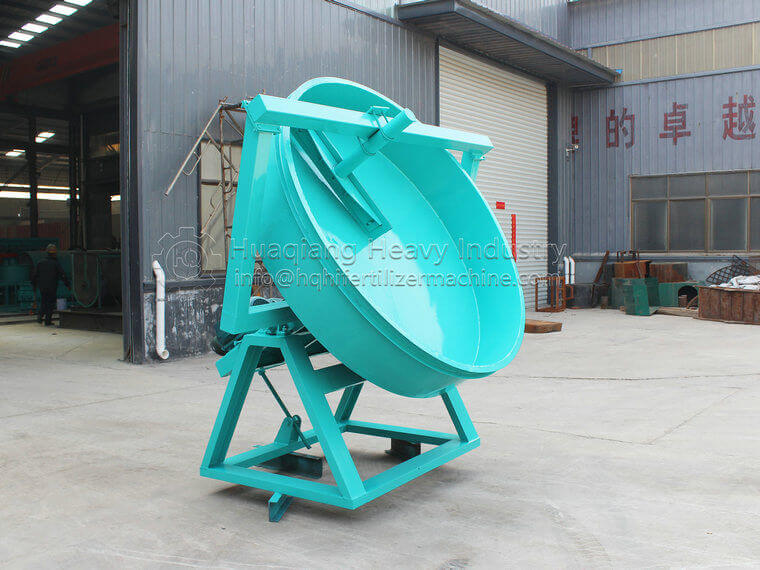The actual utilization rate of chemical fertilizer in many areas is only 30% – 45%, and even lower in some areas! After applying organic fertilizer, due to its beneficial biological activity, the soil structure was improved, the soil water and fertilizer retention capacity was increased, the loss of nutrients was reduced, and the effective utilization rate of chemical fertilizer was increased to more than 50%. In addition, it can also reduce the amount of chemical fertilizer and fertilizer cost.
With the development of agriculture and the improvement of fertilizer production line technology, agricultural crop production began to reduce the use of pesticides and fertilizers. Organic fertilizer is mainly used for fertilization. Now, the use of fertilizers and pesticides has been greatly reduced. Grain production has increased and the quality is much better than before. Therefore, “organic fertilizer as the main, chemical fertilizer as the supplement” is the most reasonable fertilization method at present!

Benefits of organic fertilizer granulator machine processing fertilizer auxiliary chemical fertilizer
Benefit 1: the nutrient content of chemical fertilizer is high, the fertilizer efficiency is fast, but the duration is short, and the nutrient is single. On the contrary, organic fertilizer and chemical fertilizer can learn from each other to meet the nutrient needs of crops at different growth stages.
Benefit 2: after the chemical fertilizer is applied into the soil, some nutrients are absorbed or fixed by the soil, which reduces the availability of nutrients. The mixture of organic fertilizer and chemical fertilizer decomposed by compost t turning machine can reduce the contact between chemical fertilizer and soil, reduce the probability of chemical fertilizer being fixed by soil, and improve the availability of nutrients.
Benefit 3: the solubility of general chemical fertilizer is large, and high osmotic pressure is applied to the soil after application, which affects the nutrient and water absorption of crops and increases the chance of nutrient loss. If mixed with organic fertilizer, this disadvantage can be avoided and nutrient and water absorption can be promoted.
Benefit 4: in alkaline soil, if only acid fertilizer is applied, after plants absorb ammonium, the residual acid roots combine with the hydrogen ions in the soil to form acid, which will increase the soil acidity and harden the soil. If mixed with organic fertilizer, it can enhance the buffer capacity of soil, effectively adjust pH value and prevent the increase of soil acidity.
Benefit 5: organic fertilizer is the energy of microbial life, and chemical fertilizer is the inorganic nutrition for microbial growth and development. The mixture of the two can promote the activity of microorganism and the decomposition of organic fertilizer. Soil microbial activities can also produce vitamins, biotin, nicotinic acid, increase soil nutrients, improve soil vitality, and promote crop growth.